Have you ever wondered how you can be sure that the Jimi Hendrix signed guitar or John Lennon autograph you saw online or at an auction for a local charity was the real thing? Chances are it wasn’t. Along with the popularity of music memorabilia, now worth billions of dollars worldwide, there has come a corresponding rise in fraud and misrepresentation we might have seen coming if we had known what to look for. But that’s not easy to do. Even the most trusted authenticators don’t always agree on what’s real and what is not.
If you are an outsider, someone just entering the world of memorabilia collecting (or just a buyer looking a chance to buy something for $200 that you can sell for $5000), it may feel like you’ve fallen down a rabbit hole once you see the market up close. Buying and selling memorabilia suddenly becomes very personal.
At first, you may think that having a certificate of authenticity (COA) is a guarantee that you have purchased your memorabilia meal ticket. But an experienced buyer will tell you it all depends on the credibility of the person signing it. Caveat Emptor said the ancient Romans: Let the buyer beware. Even with some trusted “brand name” companies, you may not be able to identify the person who actually verified the signature. Those who work in the industry, including the most highly regarded authenticators of memorabilia, will tell you straight out that the COA or LOA is only as good as the reputation of the person signing it—if you can trust it.
Some companies in the business seem to think the good name of their company is enough in itself. It’s not. Auctioneer Bill Panagopulos, of Alexander Autographs in Maryland, says, "There were so many fraudulent dealers [on the scene] that someone [obviously] saw the opportunity to make money.” Often, they don’t provide enough provenance to guarantee their COA is worth the paper it’s written on. According to the LA Weekly, “This lack of transparency often creates confusion over who looked at what and whether their expertise was sufficient for the task. Human error is inevitable.”
Music memorabilia is a rapidly growing segment of the overall memorabilia market. According to How to Sell Music, Collectibles, and Instruments on eBay... And Make a Fortune (McGraw-Hill, 2004), Music memorabilia brings in approximately $10 to $20 billion (or more) per year worldwide according to current estimates. The same concern about authenticity that has created controversy in the sports memorabilia market applies to the music memorabilia market as well.
1n the 1990s, as the sports memorabilia industry had grown to the point where fraud had become nearly as lucrative as the legitimate trade in memorabilia, the FBI completed Operation Bullpen, a classic “sting” maneuver that resulted in 26 convictions. All of those who had been charged were found guilty. The FBI, the US Department of Justice and the IRS knew exactly what they were looking for. The forgers and counterfeiters they caught were very good at what they did and liked to brag about it. Government agencies were better at investigating them than one might have expected. They had their experts, too. They were skilled at getting people to talk.
By the FBI’s estimate, approximately half of all the memorabilia items that are sold are fakes. The advent of the internet only made it easier for criminals to bilk the public. Charities that hold fundraisers were also easy prey for the crooks. The need for educating the public became acute. Let the buyer beware warnings were not going to stop the high incidence of fraud in its tracks, but it was a start. Legitimate memorabilia sellers still need to act quickly to stem the tide. The effort to warn and to prosecute fraud and counterfeiting has been underway for some time now. Honest authentication experts want to see the market rid itself of bad actors.
The music memorabilia market may be growing faster than the market for sports memorabilia or Hollywood memorabilia. One item, in particular, is an illustration of the how quickly the market is growing. A hoodie worn by Eminem was recently listed with an asking price of $27,000 Canadian (CND). In 2000, a velvet jacket belonging to John Lennon sold for £4,000 and a leather jacket for £5,000. In 2008 Lennon's 43-year old bathrobe made £4,000. As the prices paid for items of music memorabilia increase yearly, it’s no surprise that forgers and counterfeiters see an opportunity to line their pockets.
The Beatles remain highly collectible. Memorabilia associated with the band or its former members is a flourishing industry all over the world. In one remarkable incident, Jim Irsay, who owns the Indianapolis Colts talked with the owner of the Seattle Seahawks, Paul Allen, at a meeting of NFL franchise owners in Houston and they began talking about their passion for collecting music memorabilia. “Paul,” Irsay confided, “I'm just glad you weren't in on Ringo's drum kit.” A month earlier, Irsay had been the winning bidder at the auction of Ringo’s iconic drum kit—featured on the Ed Sullivan show and many of their other performances. He was thankful that Allen hadn’t dug into his deep pockets to outbid him.
“Oh, I was in,” said Allen, whose bid had been anonymous. “Well, then,” Irsay declared, “I thank you for dropping out when you did.” Ringo's 1963 Ludwig kit had sold for $2.25 million. Outbidding Paul Allen isn’t easy to do and Irsay must have been especially pleased to add it to his collection of rock and roll memorabilia treasures.
Notwithstanding its sentimental value, Beatles memorabilia is a good investment--song lyrics written out and signed by John Lennon, Paul McCartney or George Harrison, signed album covers, old payslips from early gigs or even an extracted rotten tooth can be worth thousands of dollars and they are nearly guaranteed to increase in value over time.
According to the UK publication, The Daily Express: “[The] prices keep rising.” According to BBC News, a cheap acoustic guitar once owned by John Lennon, his “starter” guitar, a Gallotone Champion acoustic model, sold at auction for £155,500. In 1999. It had originally cost him only roughly around £10-£20 via mail order. Recently, the Steinway piano Lennon used while composing “Imagine,” sold for £1.45 million. In 2015, the original contract signed by the Beatles and Brian Epstein sold for £365,000 (about $569,000 USD).
The Beatles themselves were skeptical about how long they would remain wildly popular. They thought the bubble would soon burst. But Epstein knew how long it would last. He told Larry Keane, the reporter who covered the first two Beatle tours of the US, “Larry, the children of the 21st century will be listening to the Beatles." Epstein words proved prophetic.
David Fiorenza, who teaches economics at Villanova University and specializes in art and entertainment, states, “Their financial impact today is bigger than any other artist, living or deceased. The surviving members and the group's holding company continue to search avenues that weren't available to them in the mid-1960s. They've always been on the cutting edge."
When it comes to the Beatles, one man who you can rely on for authentications of Beatles memorabilia is Frank Caiazzo, but because he also sells Beatles memorabilia, he was accused by some competitors of having a conflict of interest and no longer authenticates for public consumption or sells his services as an expert authenticator to anyone. "Frank Caiazzo is the single most important figure in the Beatles autograph and script collecting history. He has done more to preserve the integrity of this field than any other single person. Anyone who proudly owns a set of genuine Beatles autographs today owes some level of debt and great gratitude to Frank. His life's work has insured that authentic signed Beatles artifacts are, and will remain a safe, solid investment as well as a source of secure collecting enjoyment for generations to come."
Caiazzo stopped authenticating for the public some time ago to avoid even the perception of a conflict of interest. Perry Cox and Tracks UK are probably considered the most reliable Beatle authenticators beside Frank.
James Funkhouser, a professional quality expert, vouches for Cox’s reliability and trustworthiness this way: “Over the last ten years or so, I've had Perry look at and authenticate several Beatles' autographs which I later purchased. In Beatles' memorabilia, Perry is the most knowledgeable person that I know and 100% trustworthy. If Perry says it is good, you can take it to the bank.”
Our advice: Seek out the most trustworthy authenticators in the industry. Buyers should always “trust but verify.” The FBI’s Tim Fitzsimmons, who has investigated sports forgery rings for the bureau, says authenticating is a complicated business. Forensic examiners told FBI investigators that a signature can change dramatically over time. Age, alcohol abuse and stress are indications that authenticators should have scores of examples at hand if they are to make accurate determinations.
"You would want 100 examples of 'knowns,' signatures that you know are good," says Fitzsimmons, who was the lead investigator and case agent for the bureau for Operation Bullpen. Savvy buyers should do their own homework before they spend their money. According to the FBI’s Fitzsimmons, many authenticators are of questionable integrity. The best way to guarantee the authenticity of a piece is to track its provenance. Learn how and where it was obtained, and who has accepted it and why. "I've been preaching that for years," Fitzsimmons says. "Collectors should demand a record of an item's history before they buy it."
For example. it’s estimated that only six percent of Beatles autographs are the real thing. But if you don’t buy from trustworthy dealers like Cox or Caiazzo, there is good chance that you are buying a fake. Forgeries are all over the internet, waiting for unwary buyers to part with large sums of cash in order to own them.
The solution? Trust only websites and authenticators that have earned your trust. They will point out the red flags that indicate the possibility of fraud. Memorabilia fraud is big business. Let’s make the internet safe for honest sellers and savvy buyers. This is the only way we can begin to clean up the memorabilia industry for good.

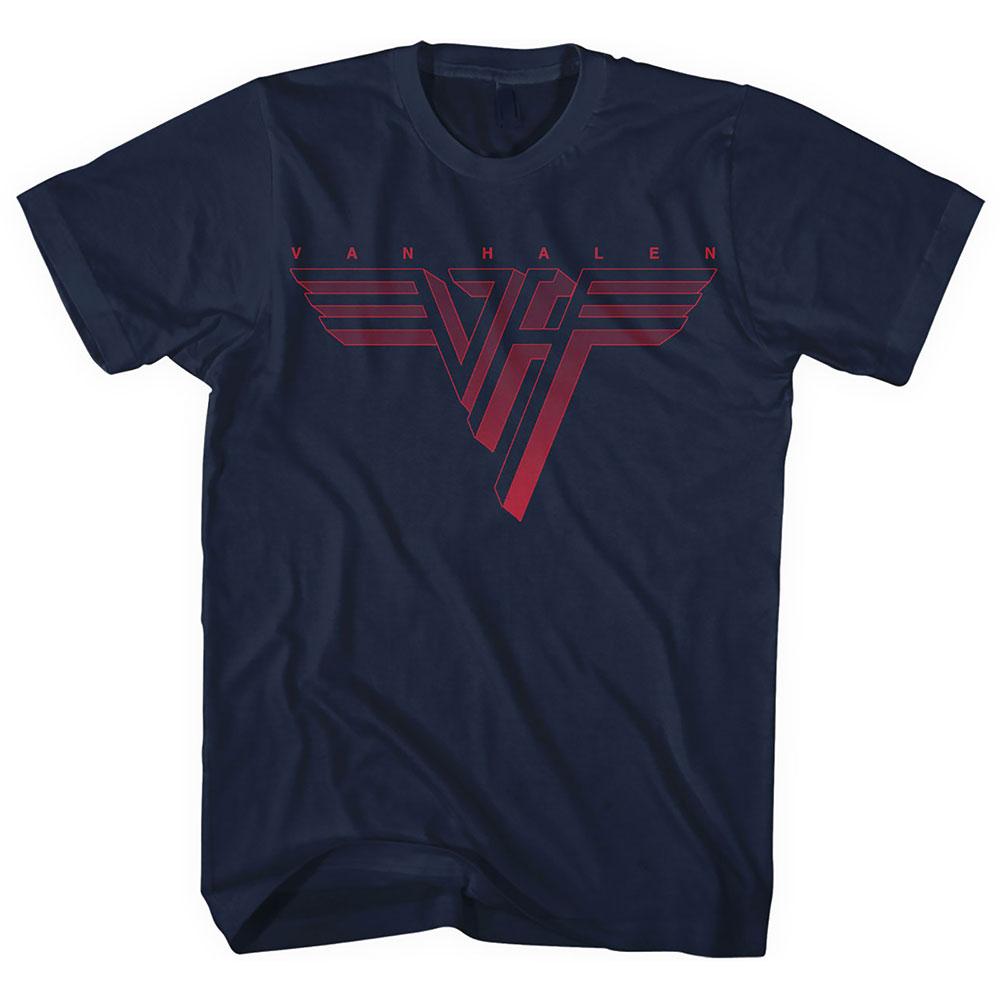
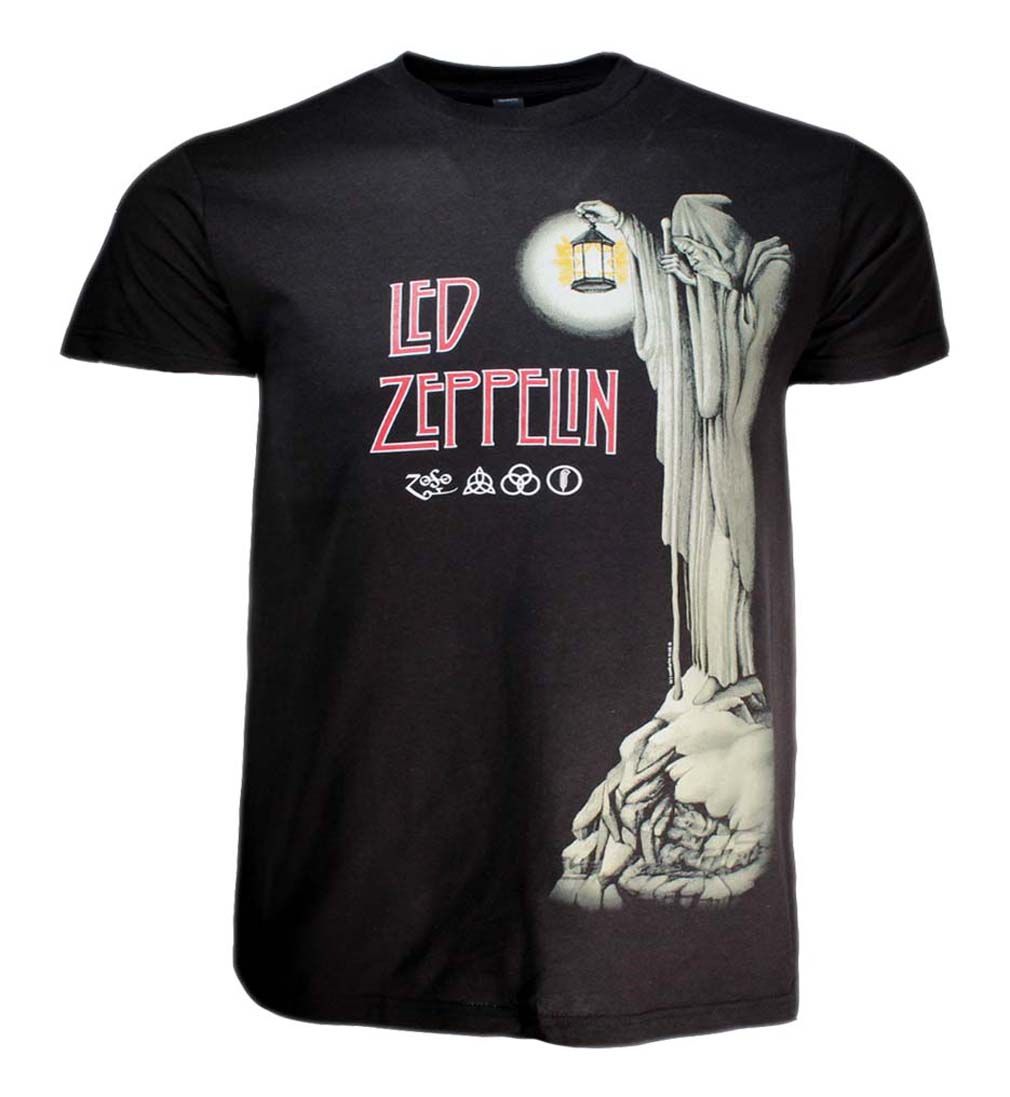
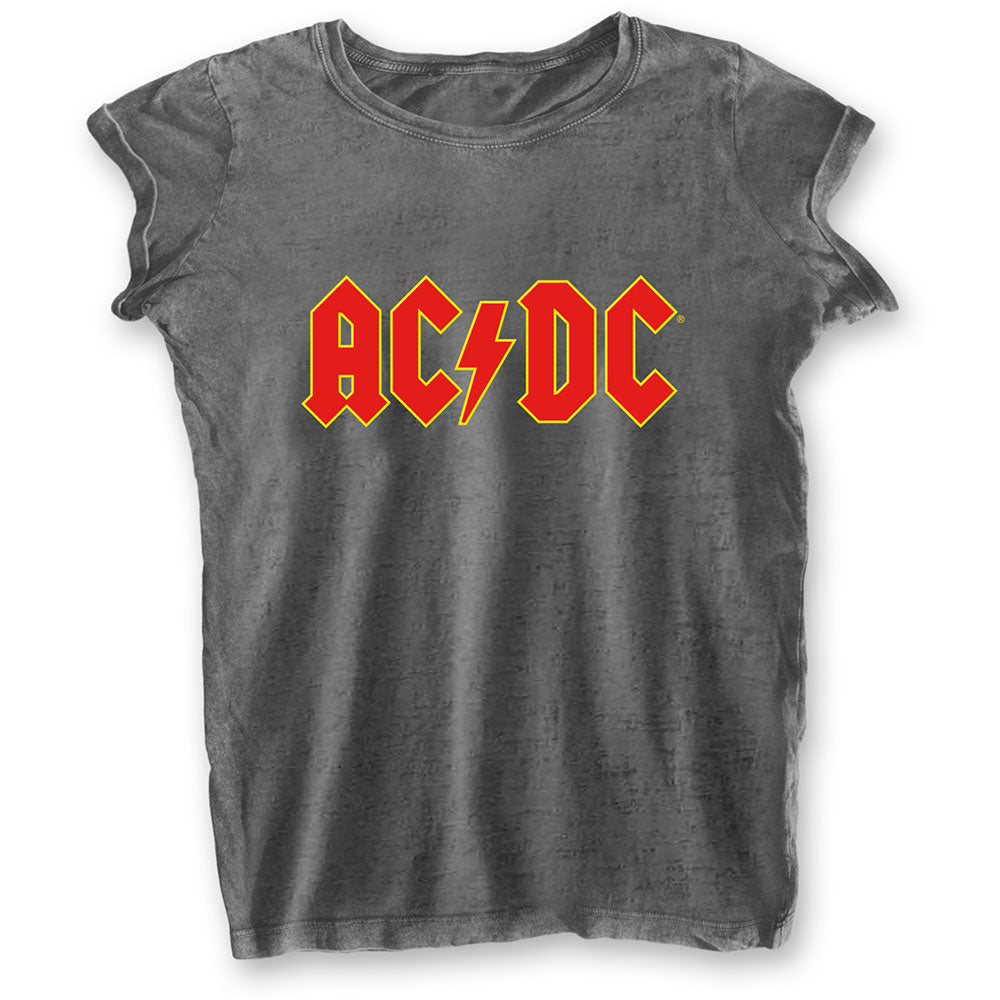
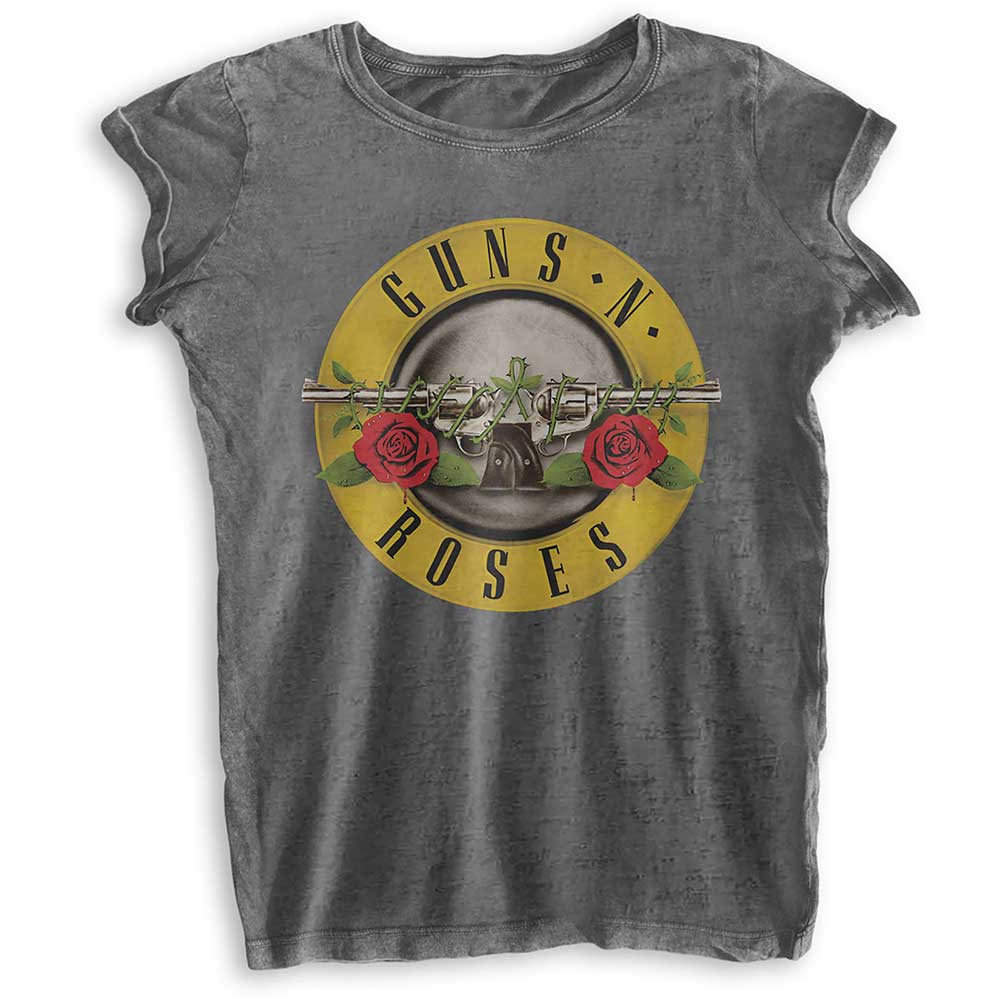
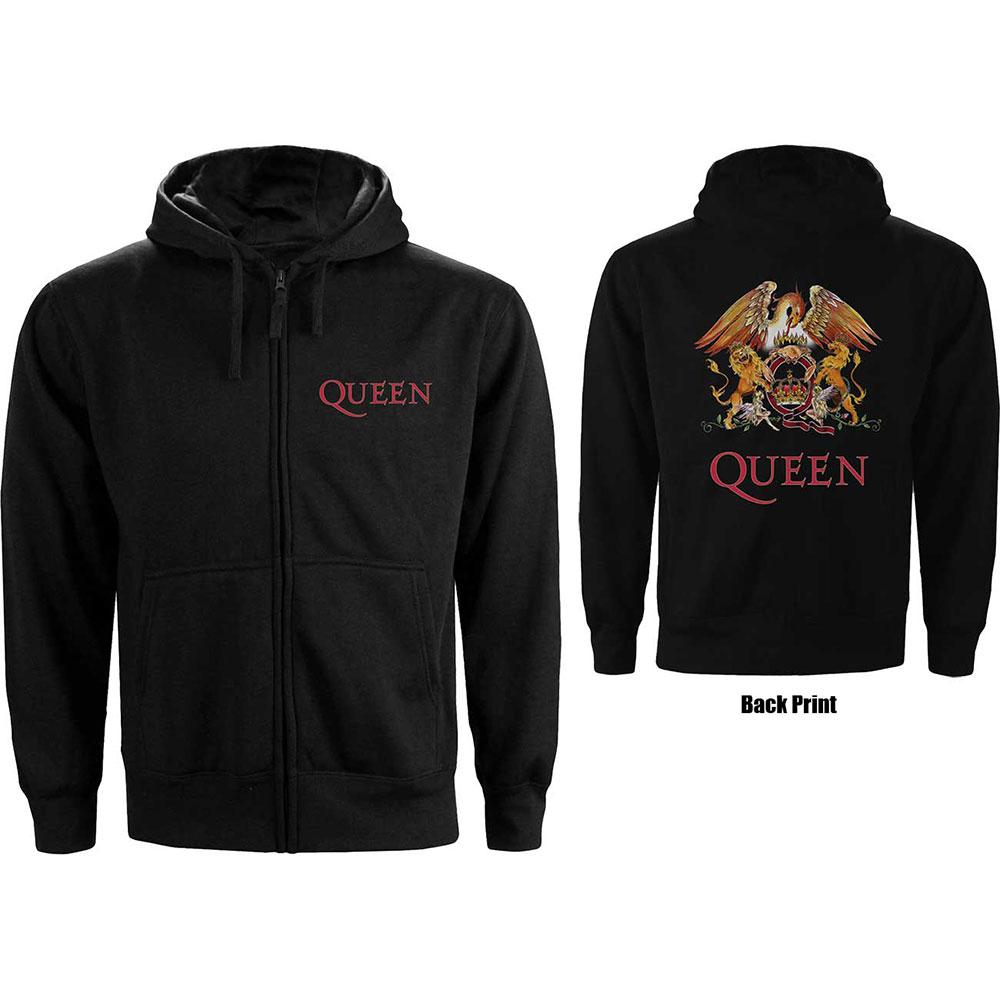
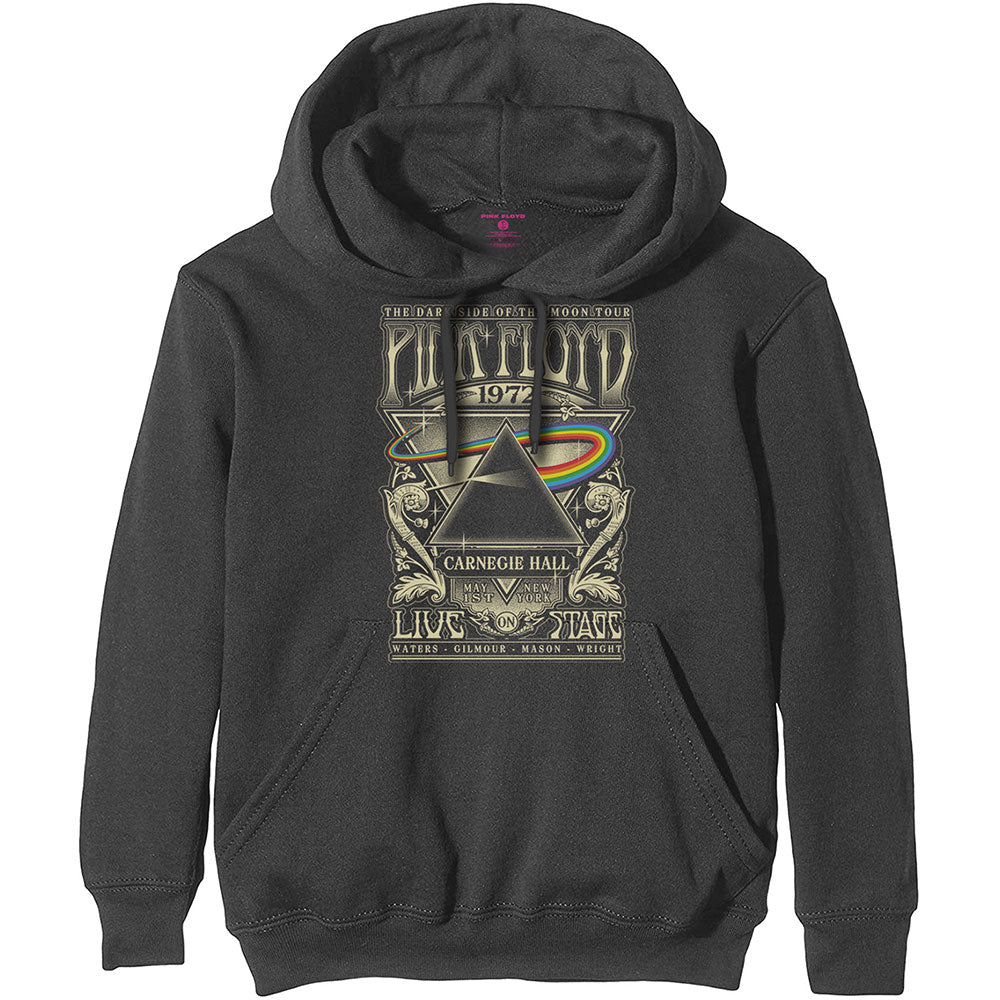

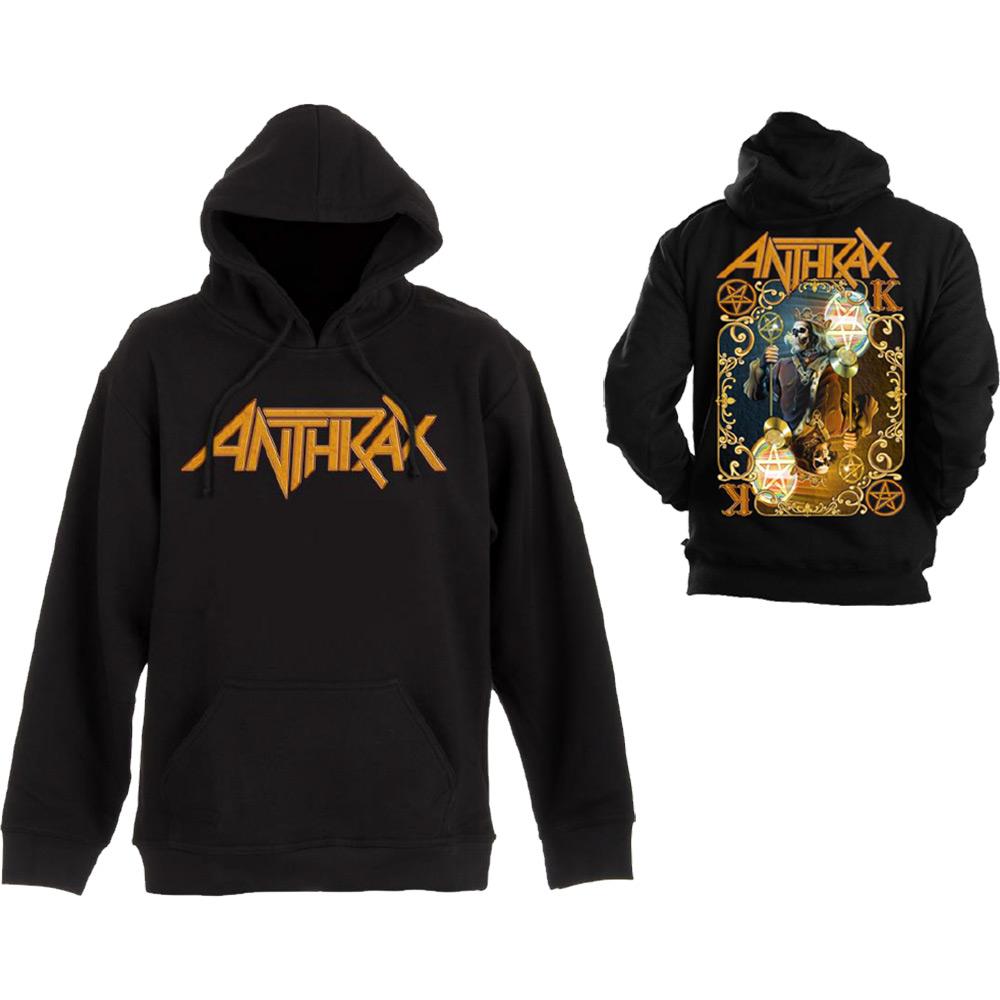
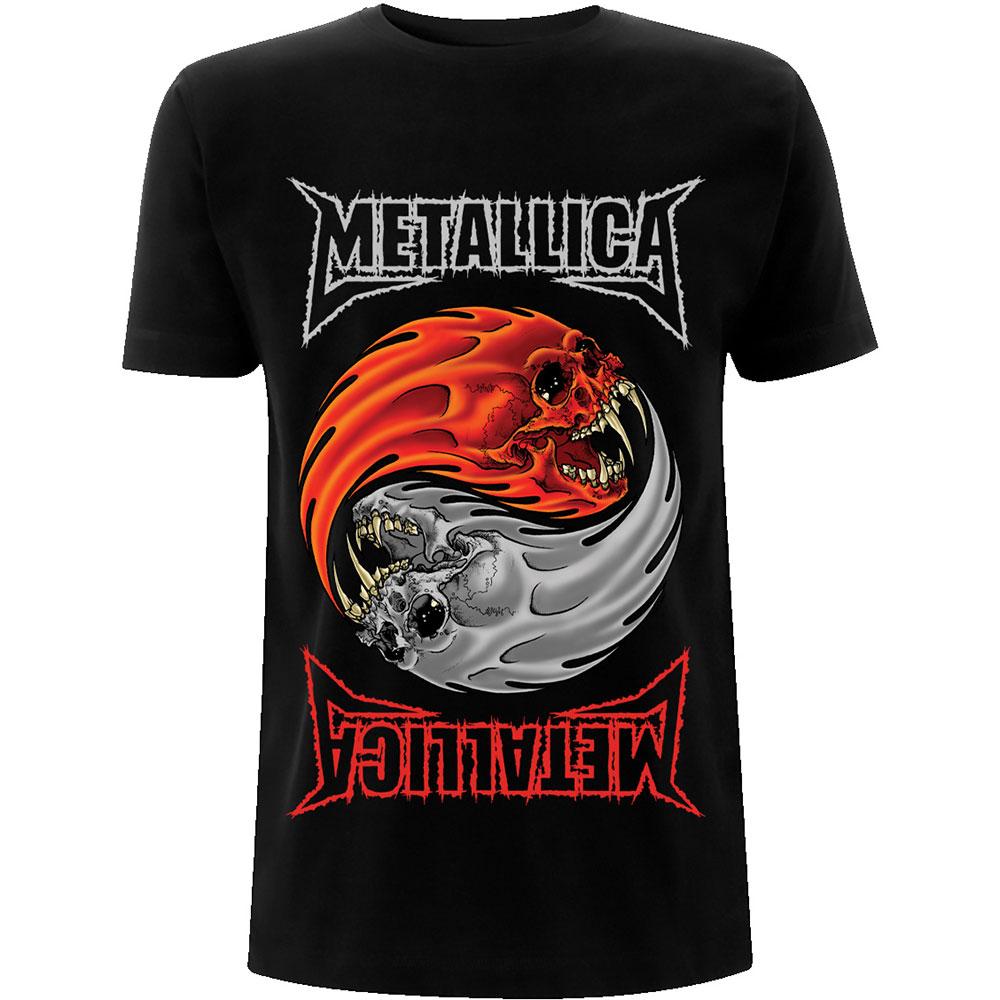
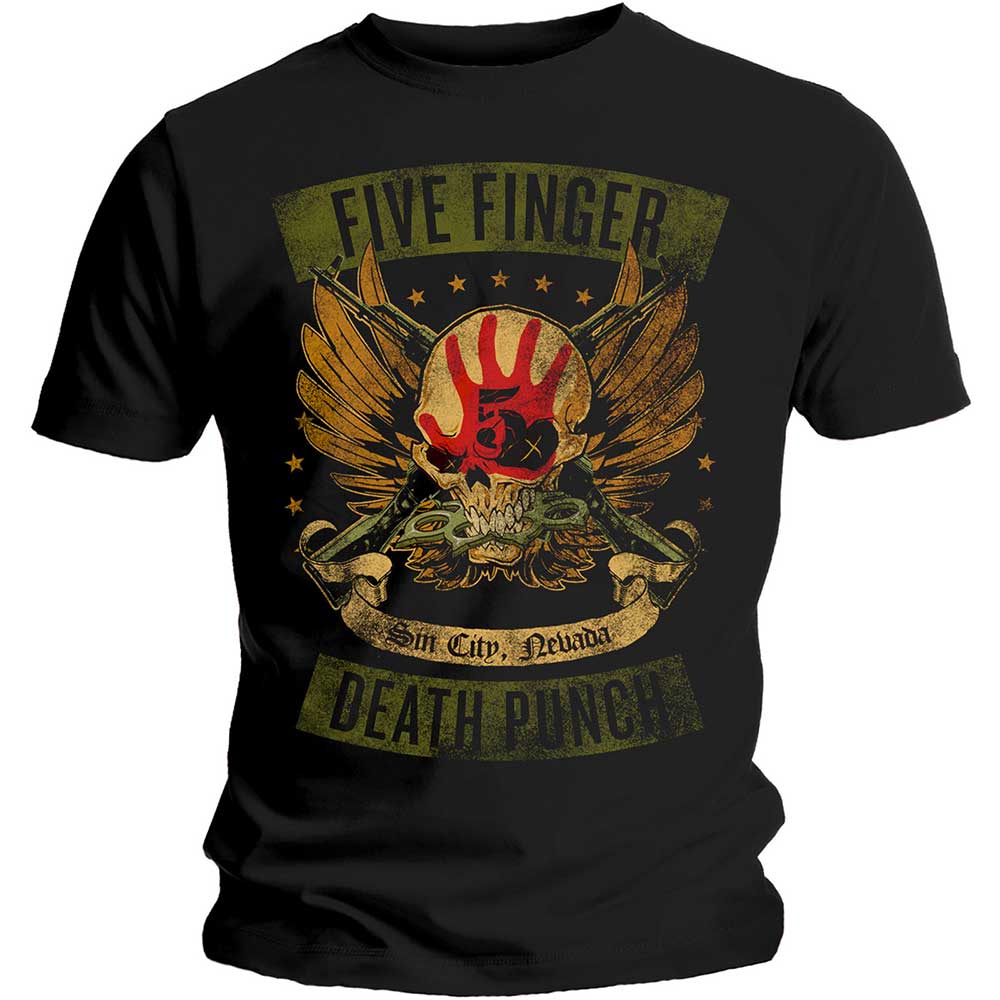
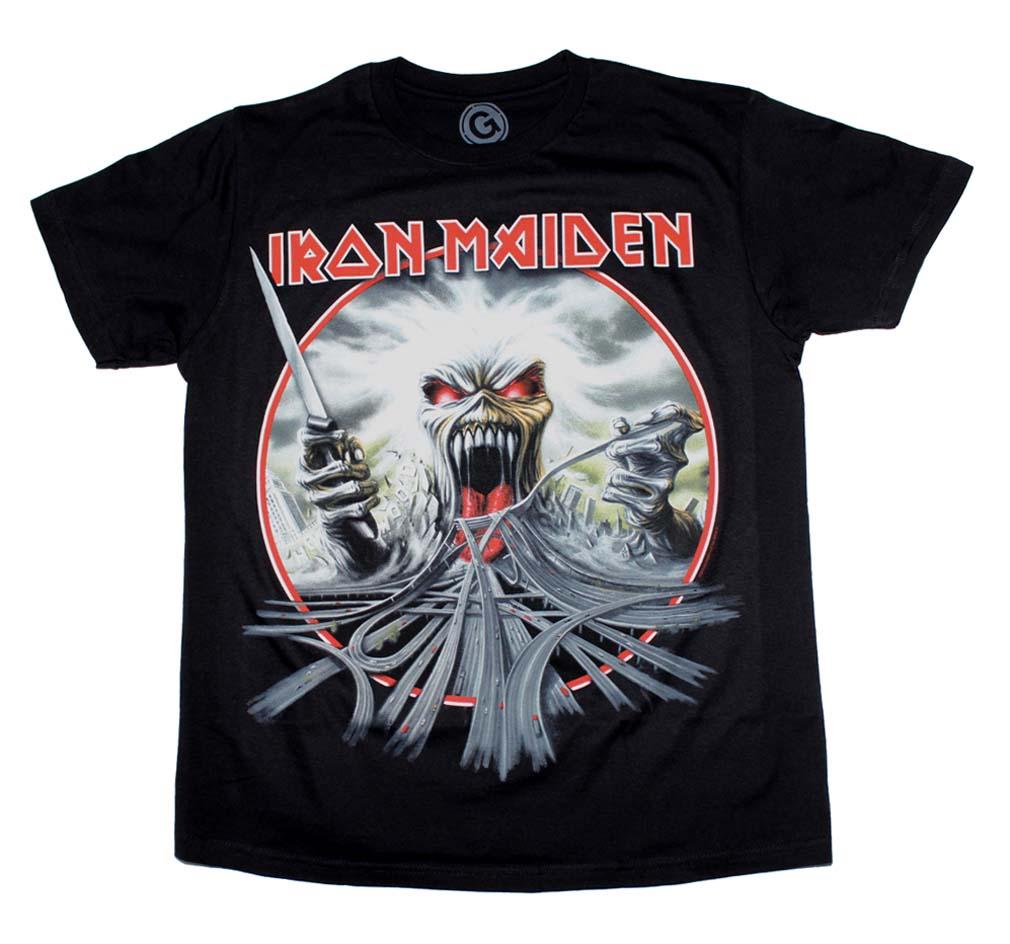
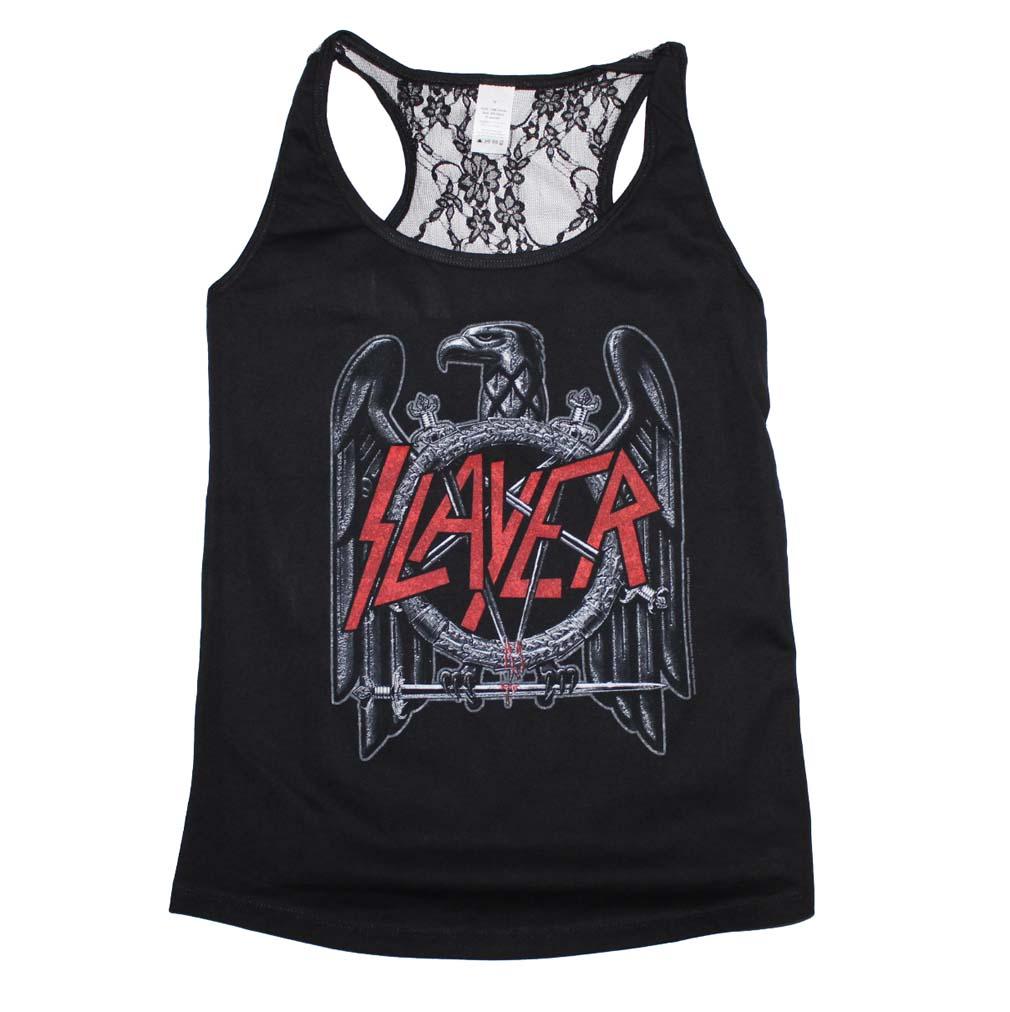

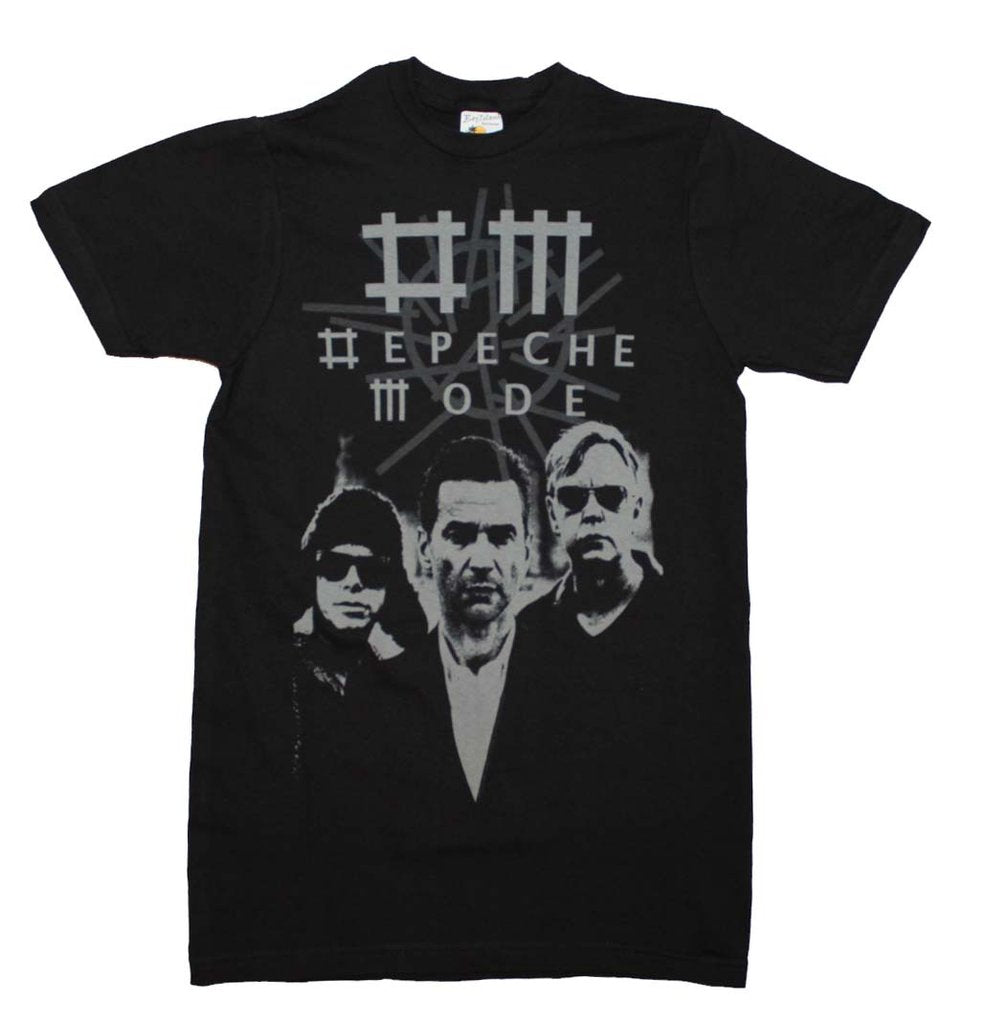
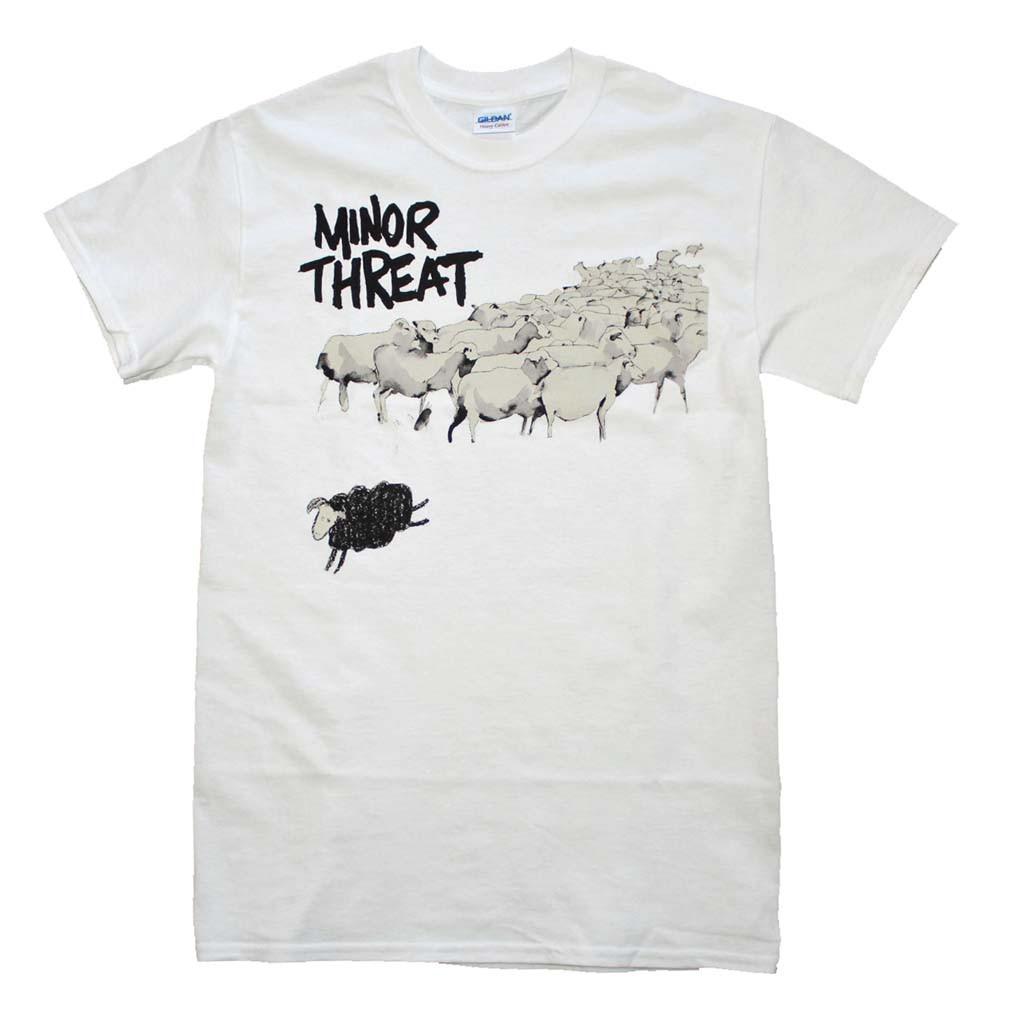
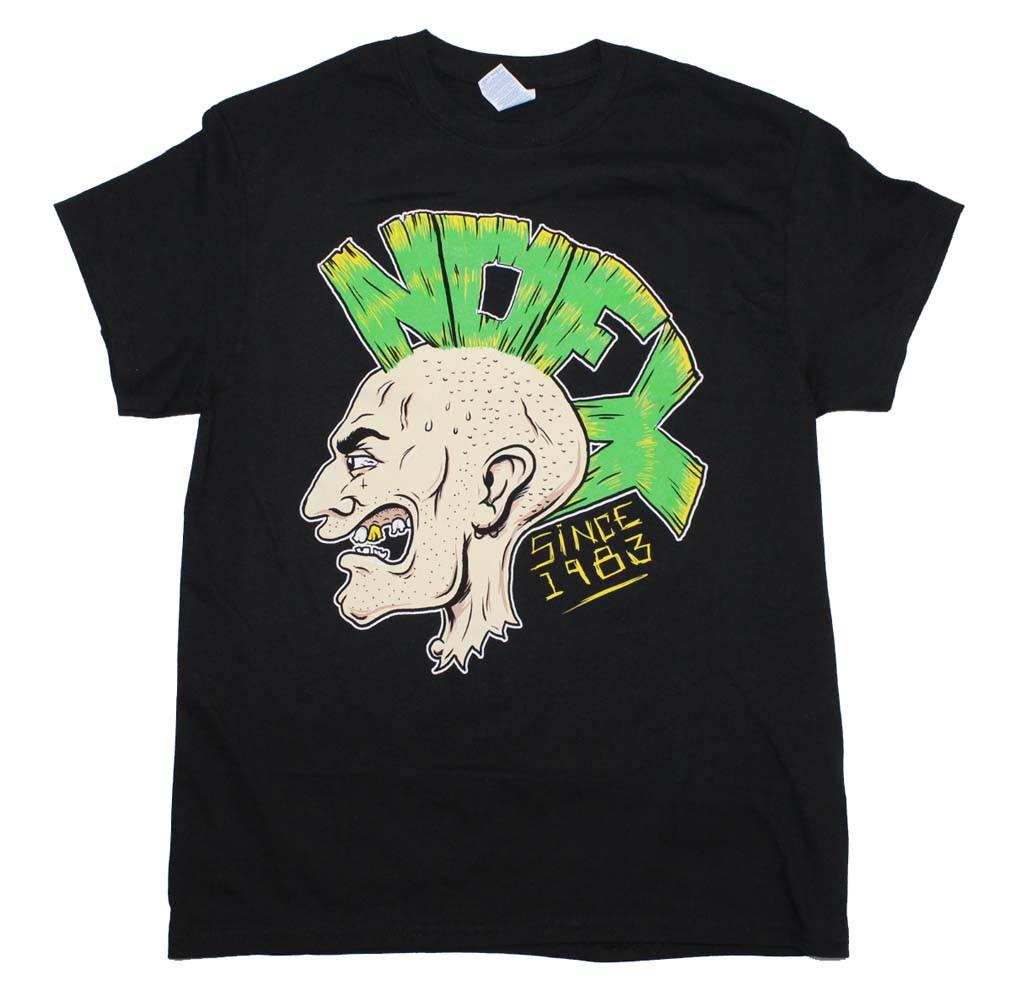
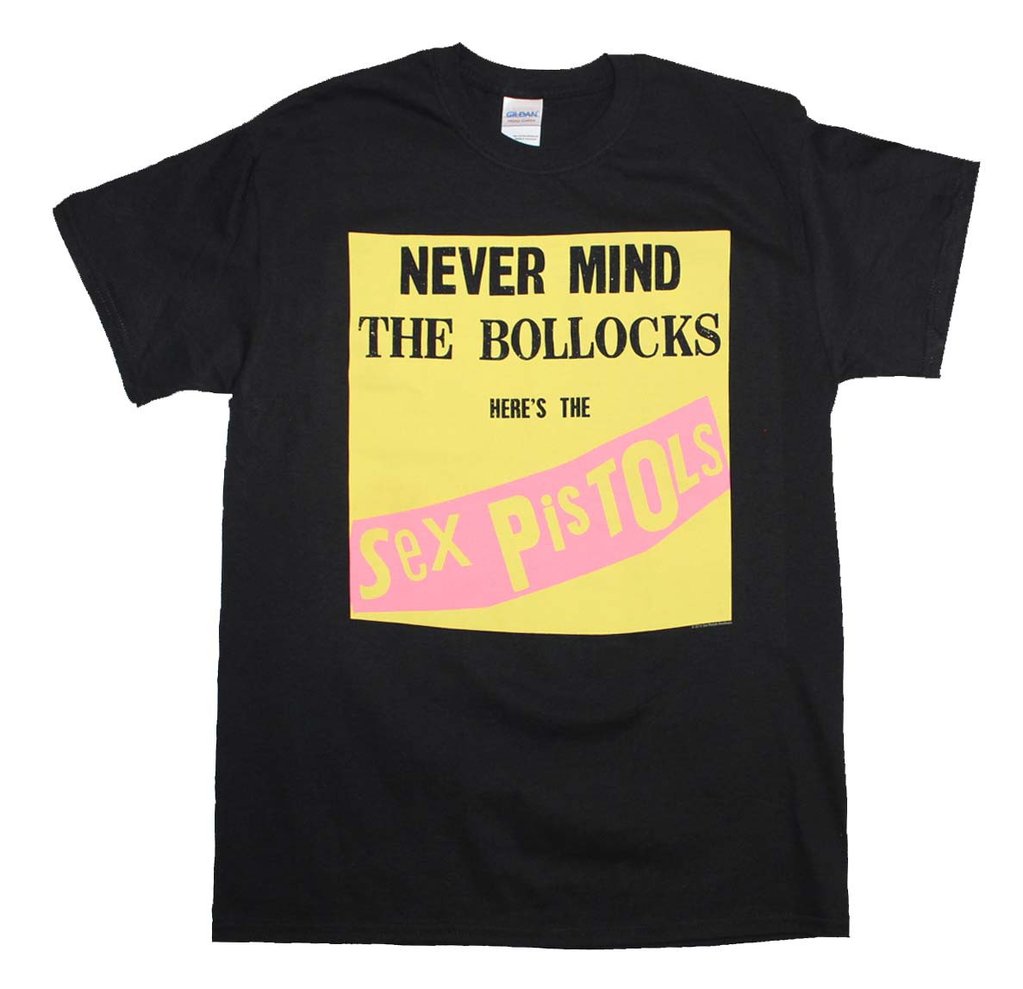
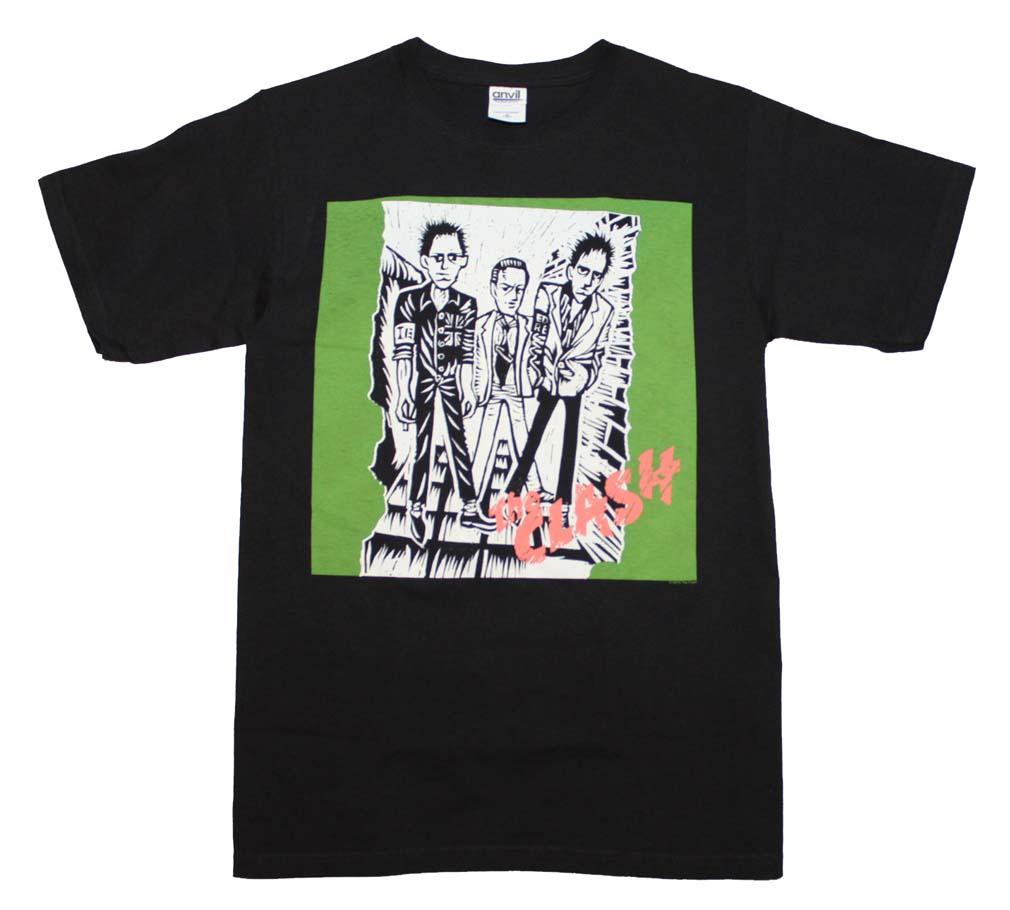
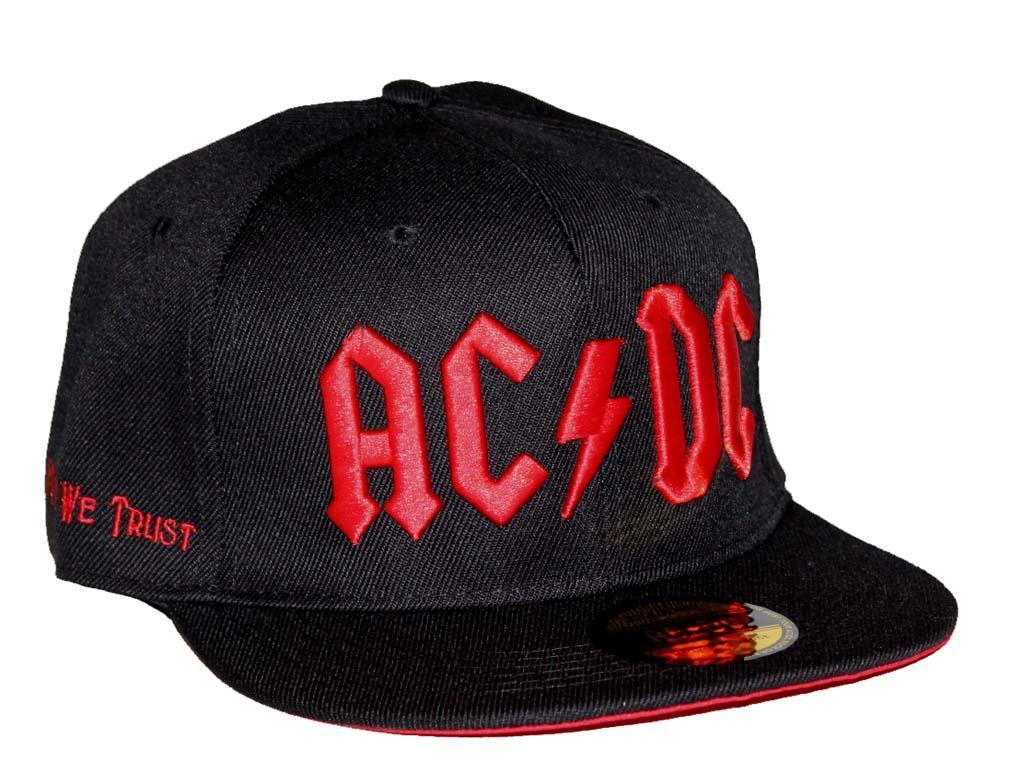
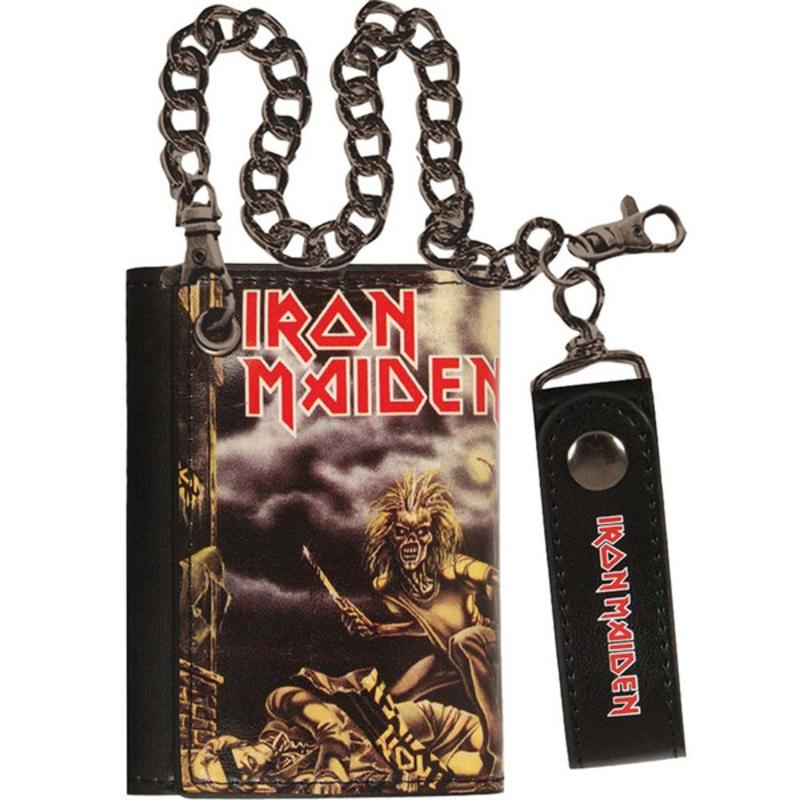
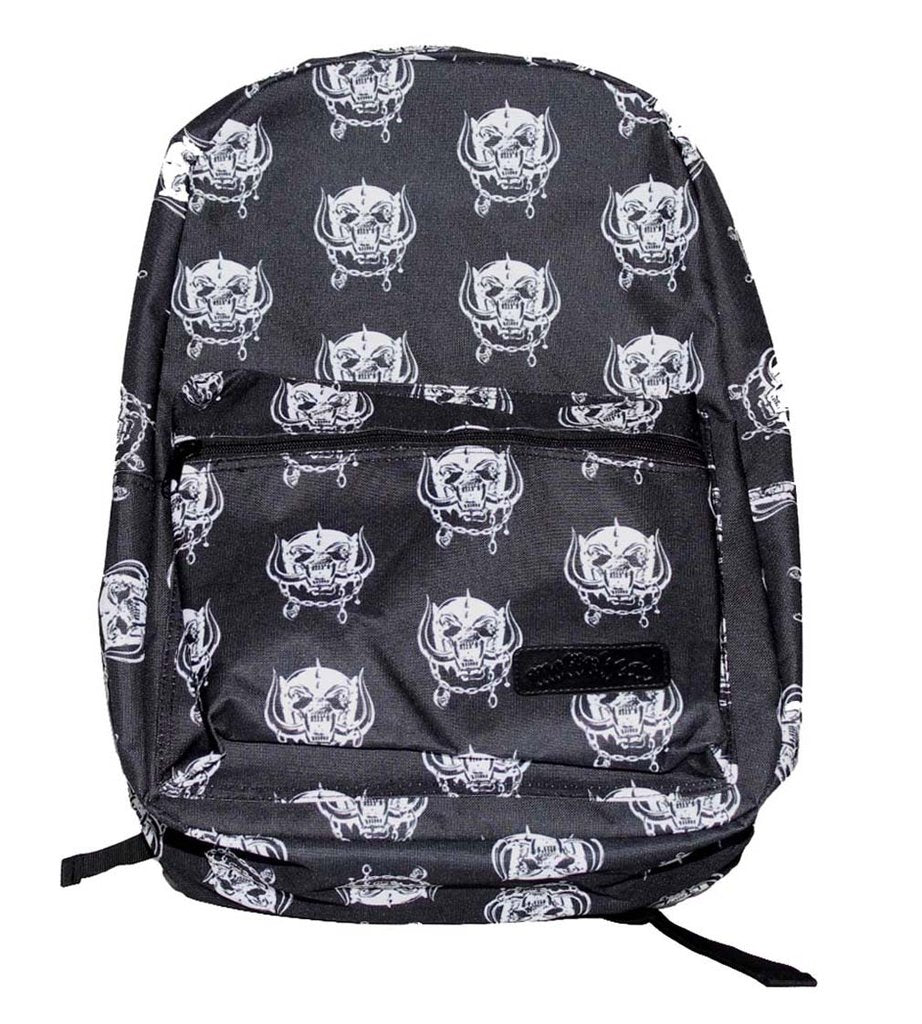
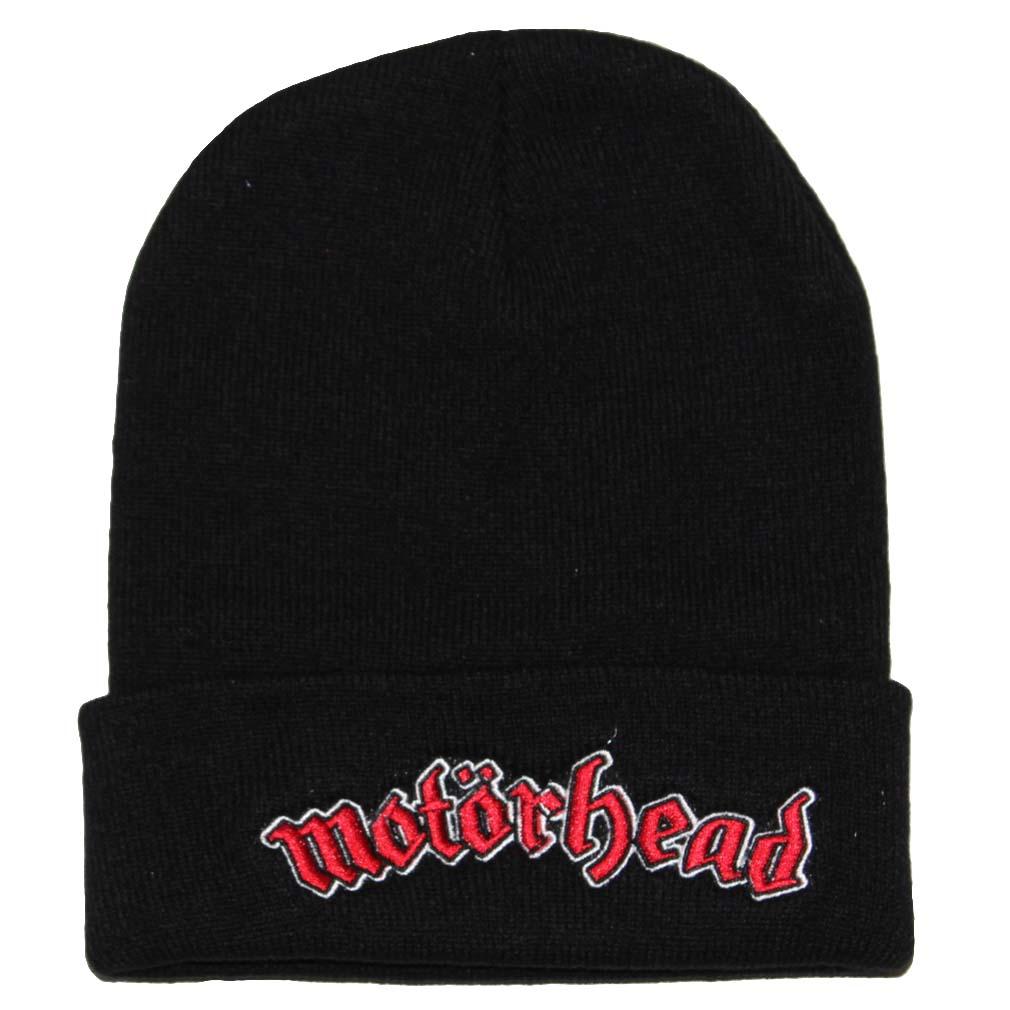
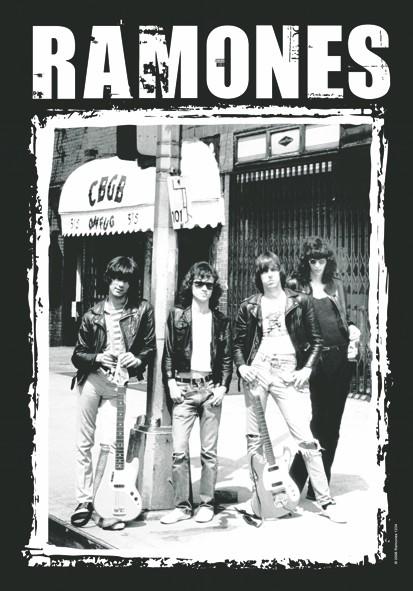
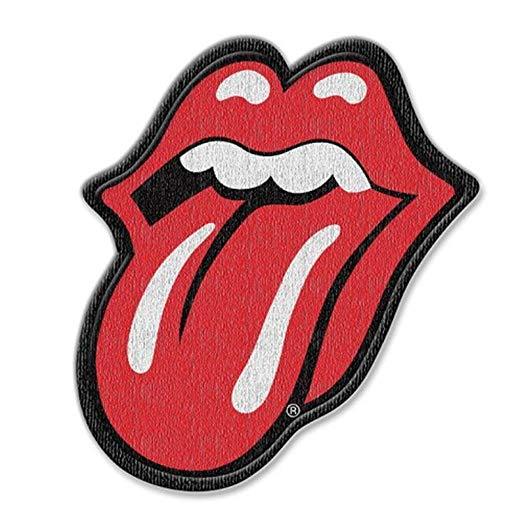

Comments
0 comments